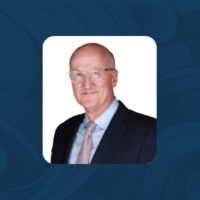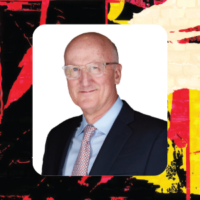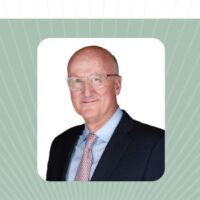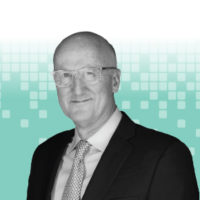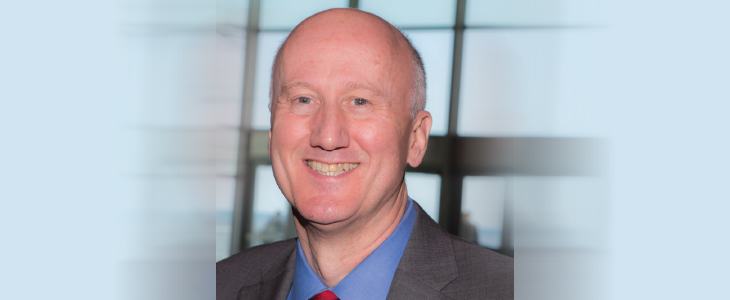
“Think globally, act locally” expresses the faith that it is possible to change the world by improving conditions in our own backyards. Viewed expansively, it is also a recognition of the fact that we are all connected and that walls between nations, regions, cities and hamlets—whether built with bricks and mortar or rhetoric—are always permeable.
Our interconnectedness, as evidenced by rapid globalization over the past half-century or more, has clearly benefitted humanity on an unprecedented scale. According to World Bank data, in 1950, 75 percent of the world lived in extreme poverty; now less than 10 percent do. Child mortality and illiteracy rates have also declined steeply.
But the shrinking globe—“it’s a small world after all”—also allows some of the pathways that facilitate global trade and finance to be exploited by transnational criminals. Unfortunately, these new challenges have stirred fear in some, fueling the rise of a particularly ugly brand of tribalism that may make it more difficult to confront the very real dangers of international financial crime.
No community understands the strength we derive from interconnectedness better than anti-financial crime professionals in both the private and public sectors.
The ability of the Financial Action Task Force (FATF) to set global best practices for fighting money laundering and terrorist financing, and to get more and more nations to sign on to those standards, is one manifestation of the need for connection. The growth of ACAMS from a small U.S.-based initiative with a few thousand members, to an organization with more than 65,000 members (and counting) worldwide, is another reflection of that reality.
At the ACAMS’ 12th Annual Latin America Conference on AML and Financial Crime in Cancun, Mexico in early August, attendees were eager for typologies and practices to help them identify transactions associated with drug and human trafficking and the related corruption of public officials, in that region and throughout the world. They particularly had a lot of questions about how to identify financial transactions associated with “coyotes” who sometimes deliver their human cargo to death in a tractor-trailer in the desert, and sometimes into labor or sex slavery.
One panelist shared a slide illustrating the flow of drugs north from Latin America and of weapons south from the U.S. Behind the north/south arrows lies a huge destructive appetite for drugs in the U.S. and a destabilizing appetite for money and power in some Latin American countries.
The importance of international cooperation is also brought home by the July release of a FATF report on Professional Money Laundering. Even as efforts to fight money laundering and related financial crimes have become more professionalized, collaborative and—as a result—more effective, transnational criminal and terror organizations increasingly rely on third-party individuals, organizations or networks to place the proceeds of their crimes into the global monetary system. The professional money launderers, or PMLs, are often accountants and lawyers who may serve some legitimate clients but who also serve criminals and criminal organizations, willfully choosing not to know their criminal clients’ source of funds or being undisturbed by it.
The report is striking in two ways. First, of course, is the more personal question we all ask: Who would be willing to facilitate the suffering of others by moving money for terrorists, human and drug traffickers, fraudsters and others? Second is the recognition that our ability to detect, interdict and incarcerate sophisticated third-party money laundering professionals wrapped in law degrees and certified as accountants will require international agreement on the definitions of financial crime and international cooperation.
As anti-money laundering/counter-terrorist financing professionals, there is no going it alone—it is all teamwork within a financial institution, law enforcement field office or across borders. If we are to control financial crime, we have to be all in and all in together.







